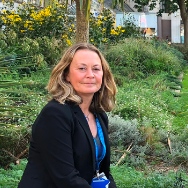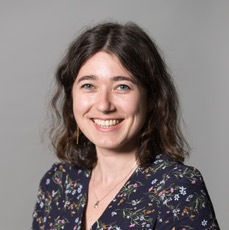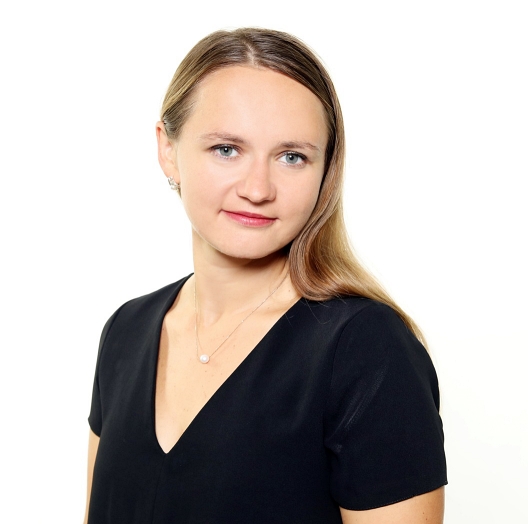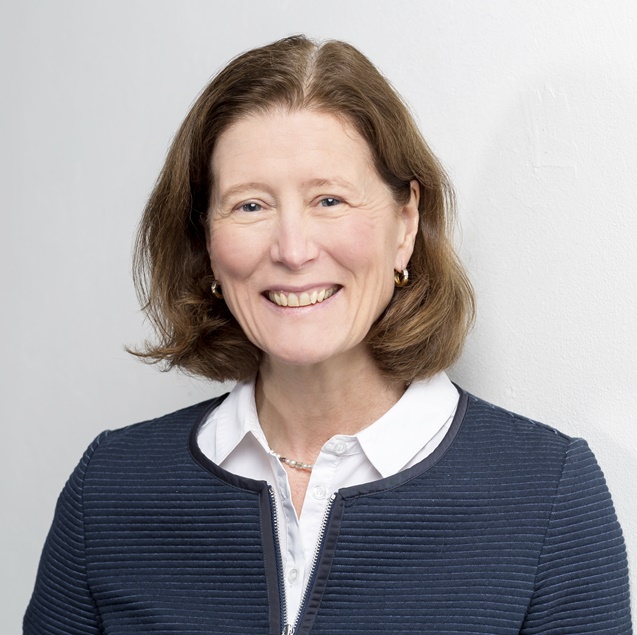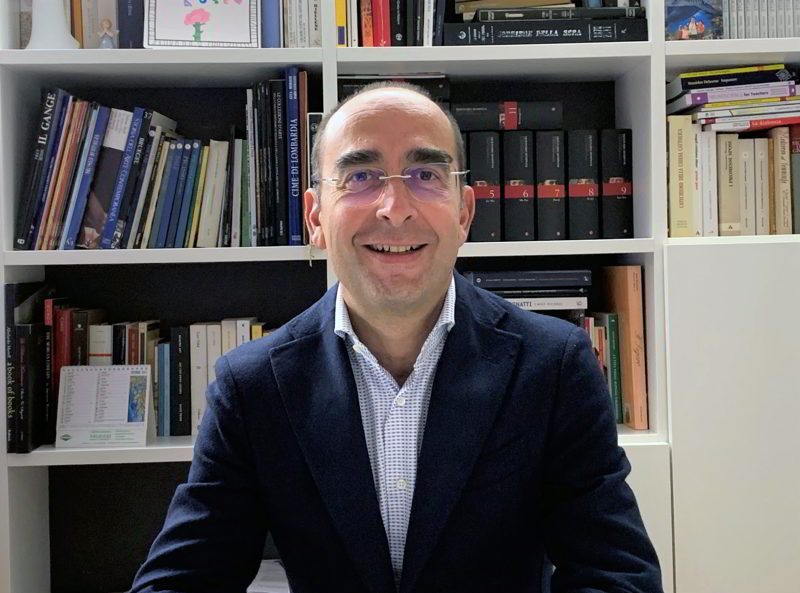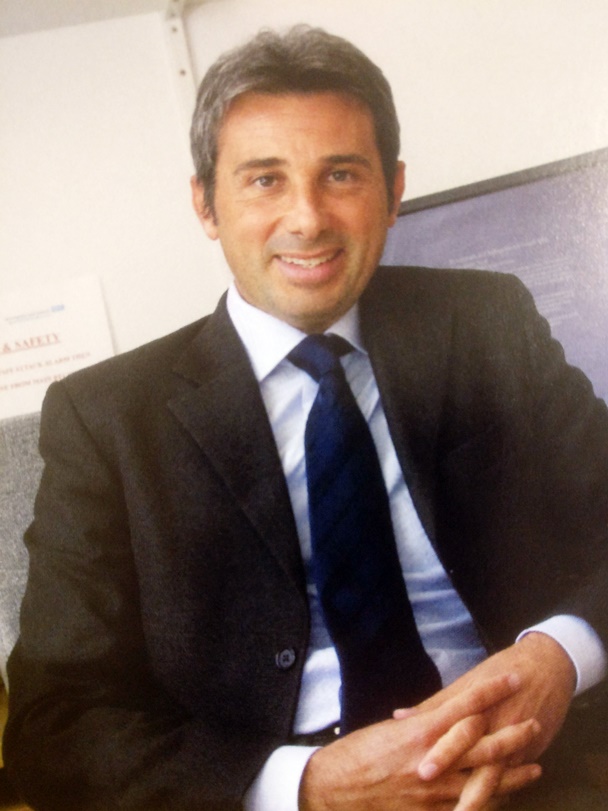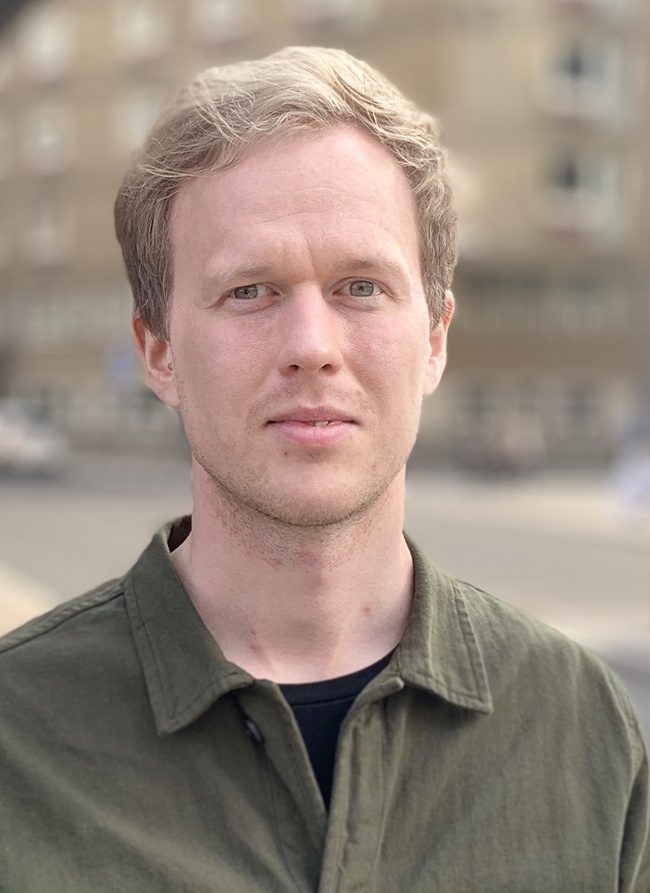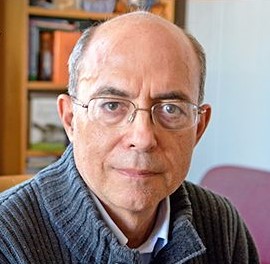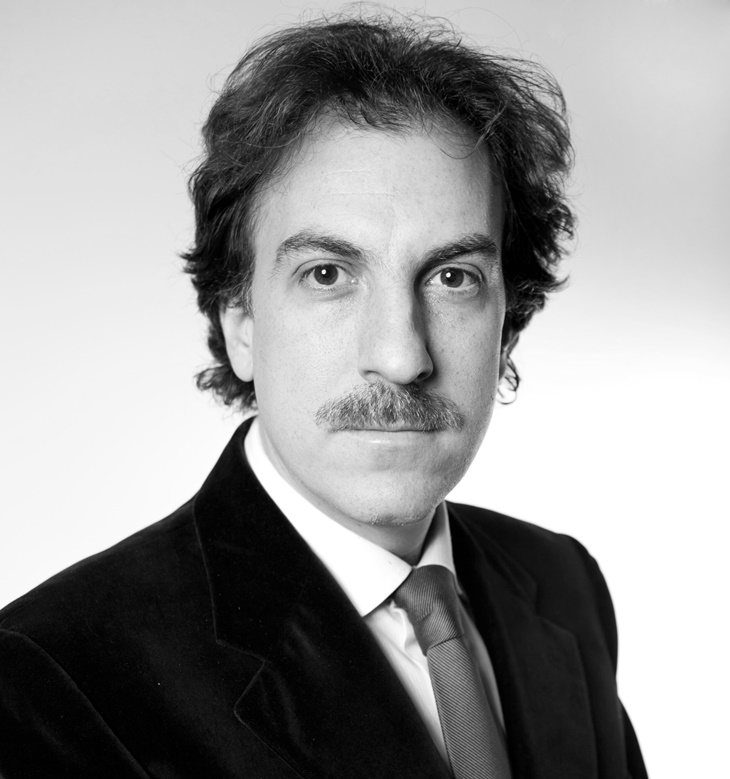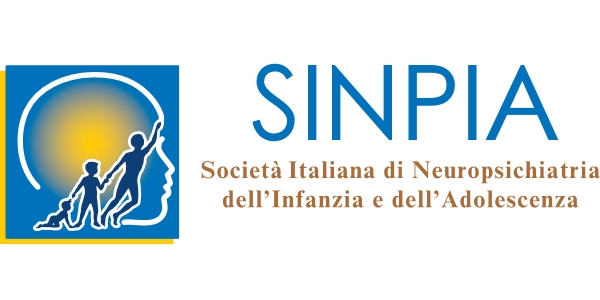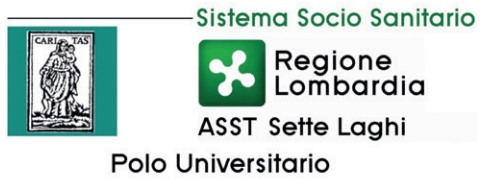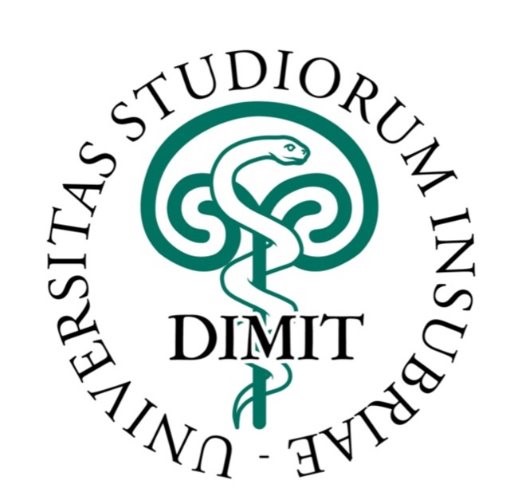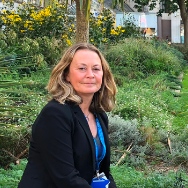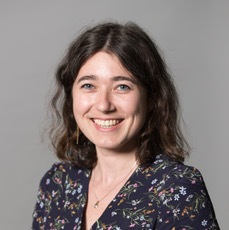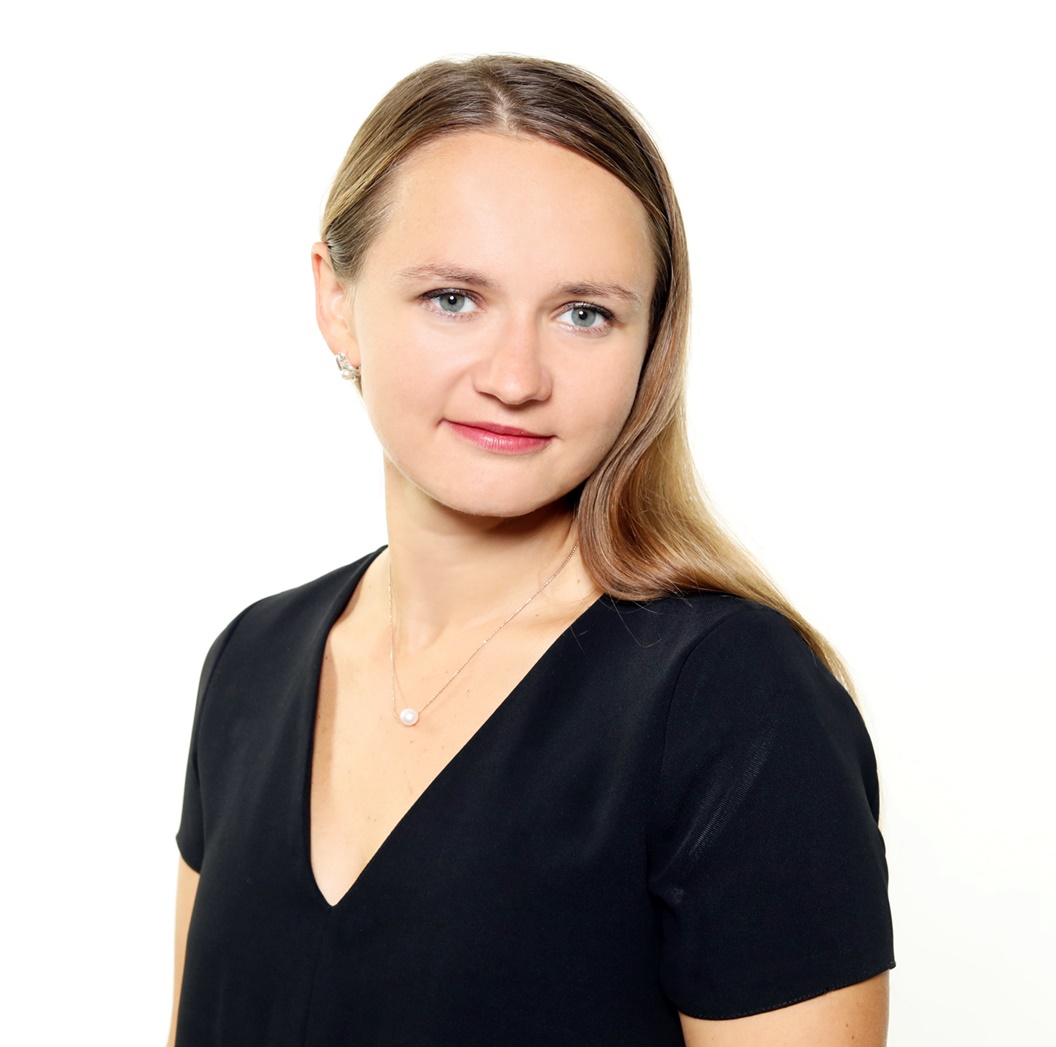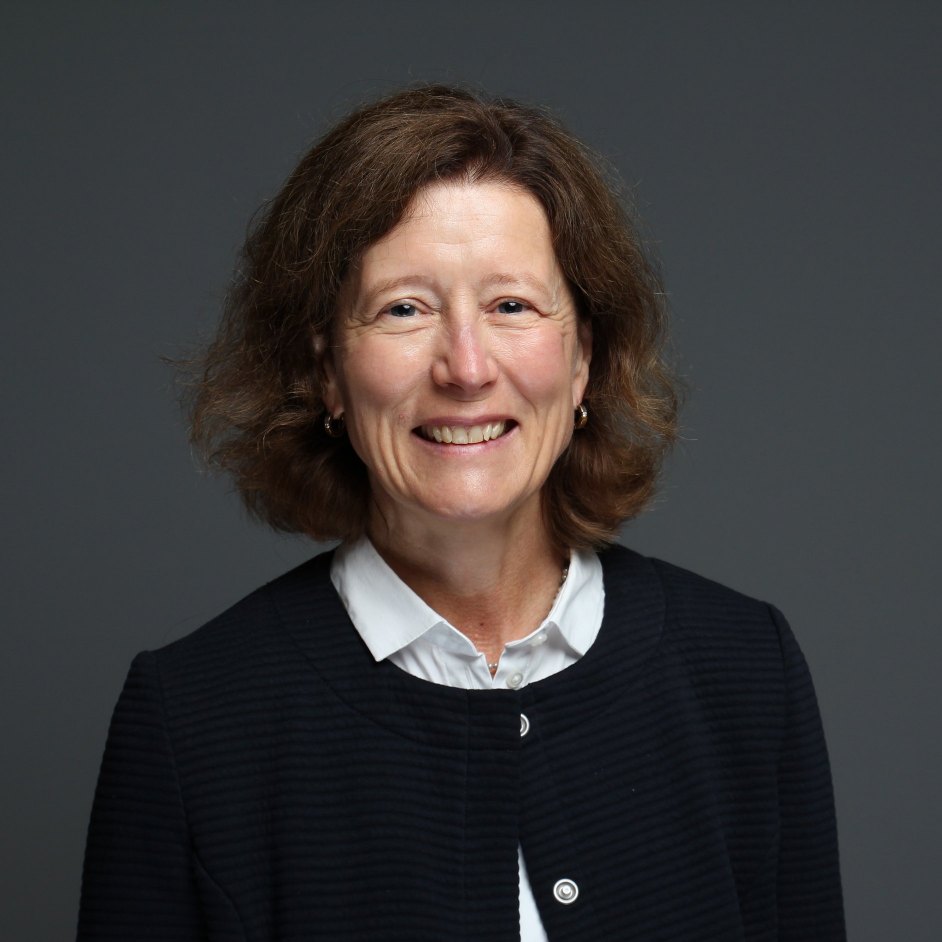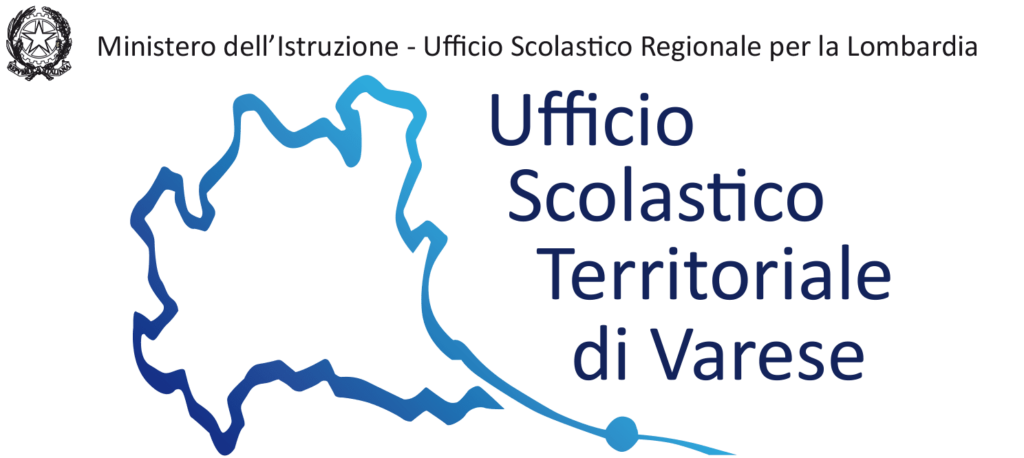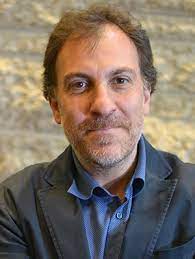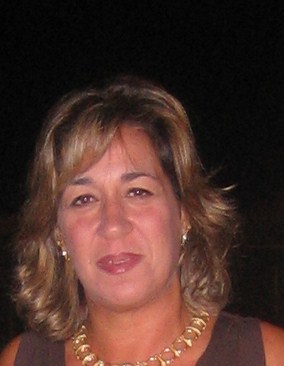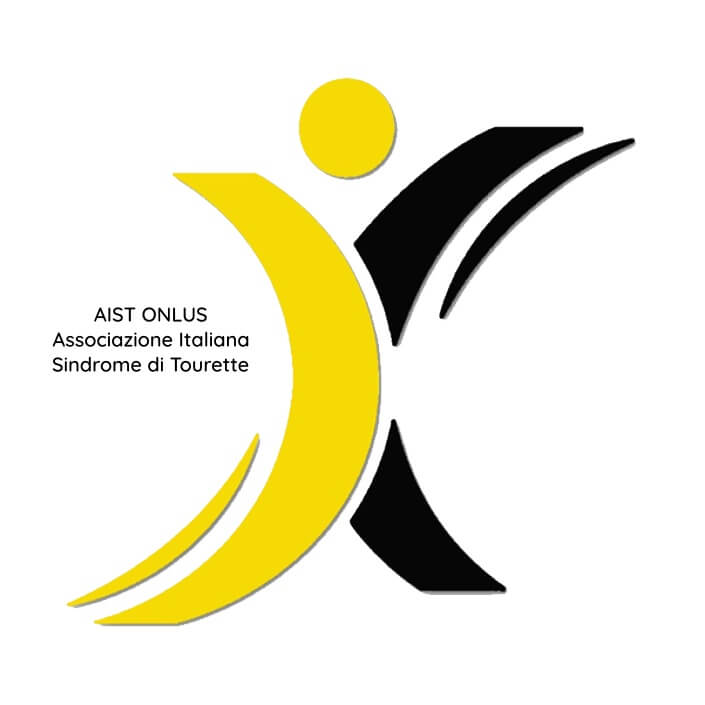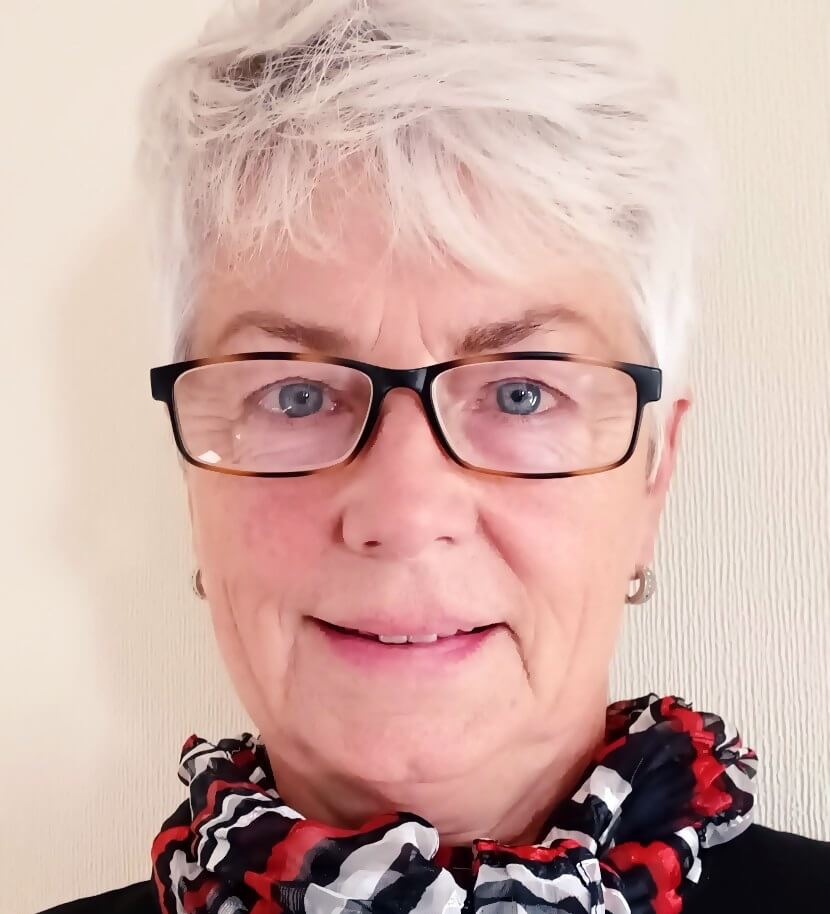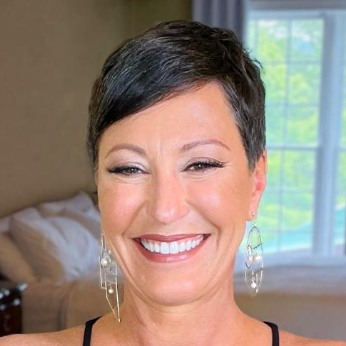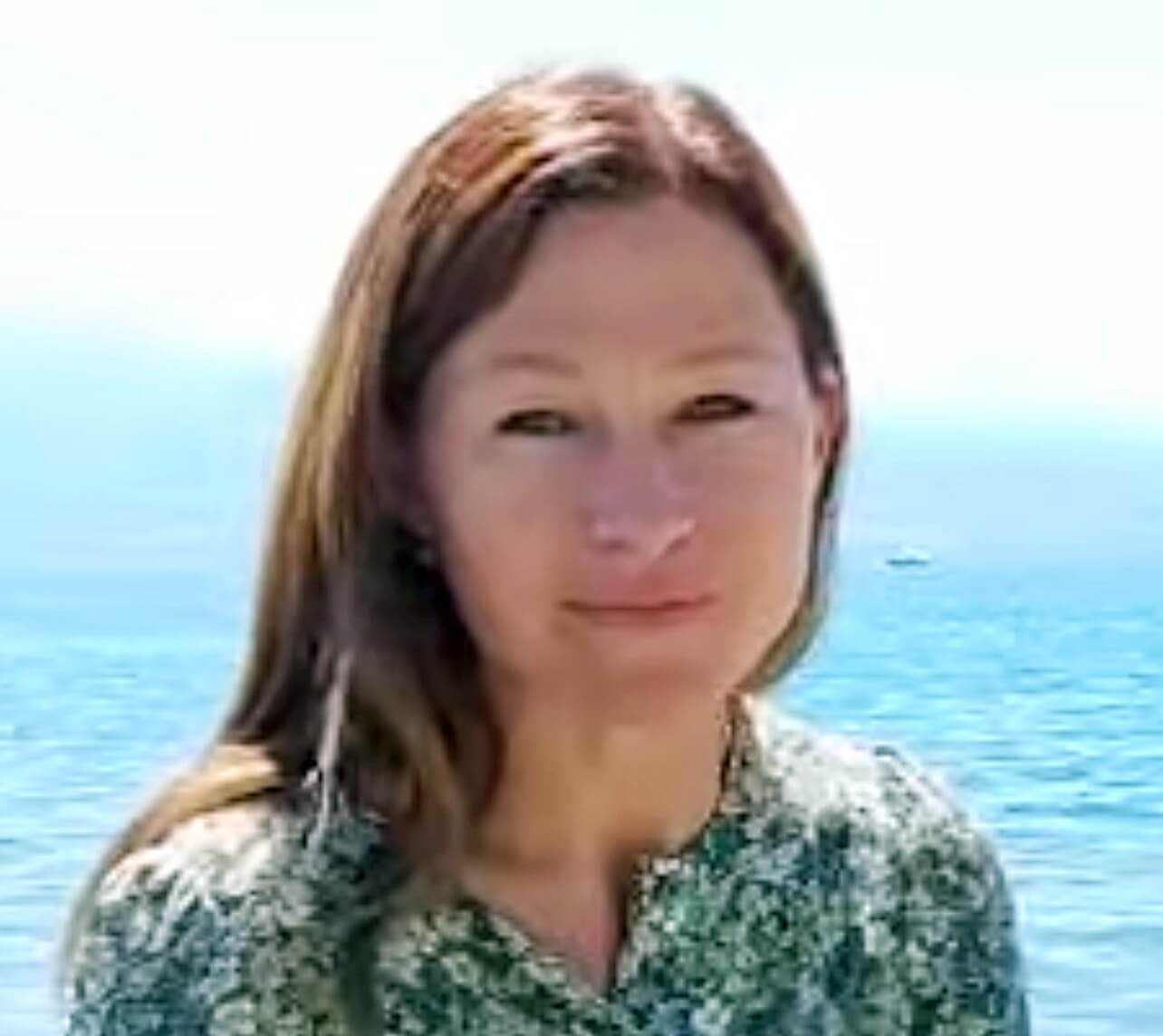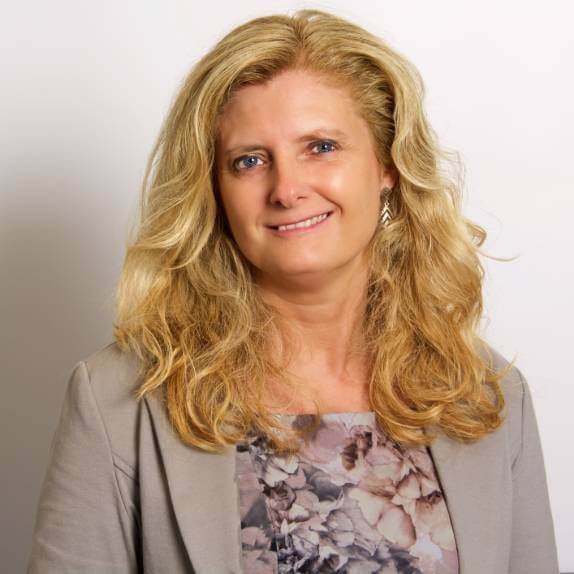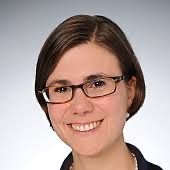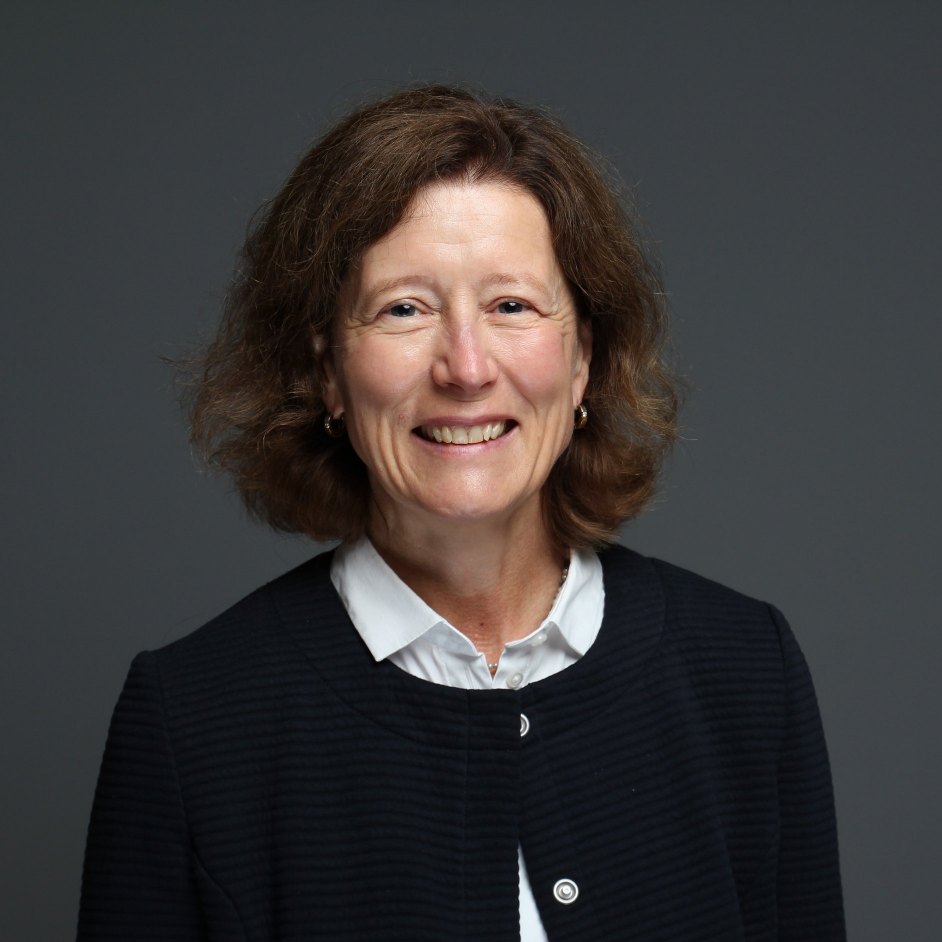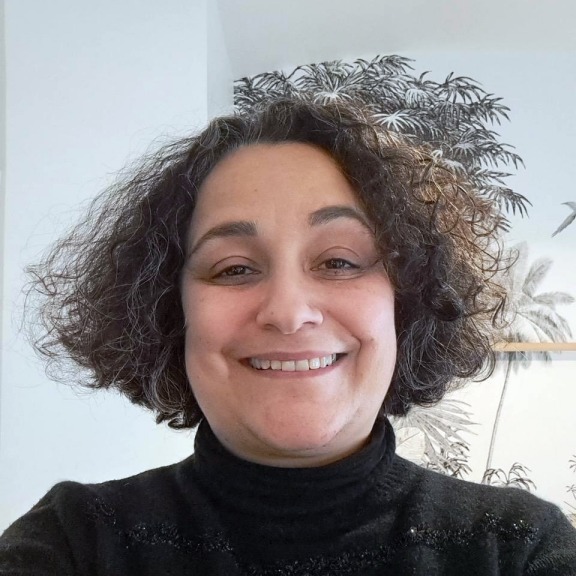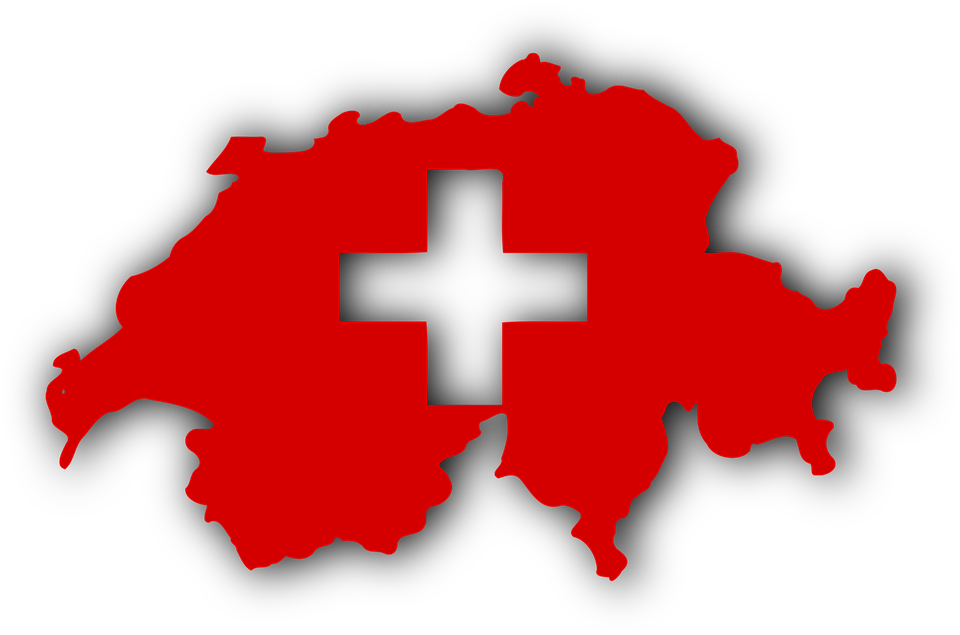
For our latest "Gilles is in the air" episode, we remain...across the pond and get the chance to hear more about premonitory urge, the sensory phenomenon described and characterised in numerous studies and publications for more than 30 years.
Our guests today have conducted a scoping review of premonitory urge in primary tic disorders to identify and address limitations and knowledge gaps.
"Knowledge of the clinical characteristics, measurement, and neural mechanisms of premonitory urge has advanced considerably in recent years, but important knowledge gaps remain in each of these domains. Addressing these knowledge gaps will be key to developing effective interventions for premonitory urge."

Jack Wohlgemuth works as a clinical research coordinator at Mount Sinai Hospital in New York City, where he is focused on research related to Tourette syndrome and other neurological movement disorders. He is interested in how the brains of individuals with tic disorders differ in their processing of signals from within the body, and how these differences are related to the uncomfortable sensory phenomena that are often experienced prior to tics (“premonitory urges”). Jack received his BA from Vanderbilt University.
Contact author
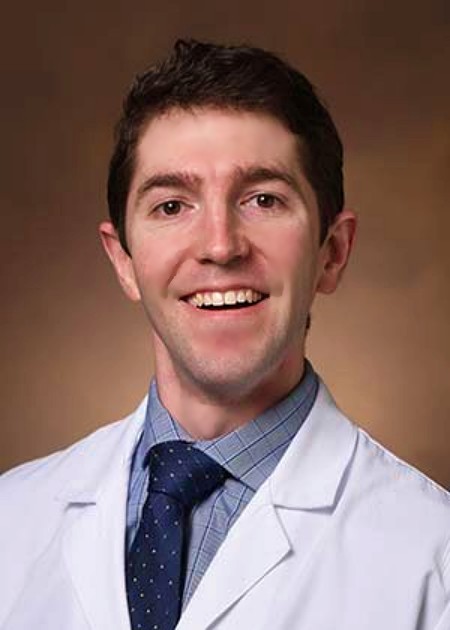
David Isaacs, MD, MPH is a movement disorders neurologist and co-director of the Vanderbilt Center for Tourette Syndrome and Other Tic Disorders, a Tourette Association of America Center of Excellence.
He provides clinical care to children, adolescents, and adults with tic disorders. His research examines the clinical impact and neurophysiologic correlates of non-motor features of tic disorders.
Contact author
Some of the key points we discuss:
- the goal and the methods of the study
- as several premonitory urge-measuring scales have been identified, which one is the best to use?
- prevalence estimates of premonitory urge in individuals with tics have been found between 37% and 93%; which factors influence the presence of the urge?
- does the premonitory urge depend on the type, the location and the severity of the tics?
- were the tics or the urges more bothersome?
- based on several studies, it was mentioned that more severe urges are associated with greater disability; is this controlled with severity of tics and comorbidities?
- how is such a variability explained in the results of studies that explore the association between urge severity and tic suppression ability?
- how does the urge seem to impact cognition?
- which brain areas are activated during the urge and how was this found?
- which treatment(s) reduce the urge?
- what knowledge gaps have you identified for future studies?
Thank you Jack and David for sharing your findings and expertise with us!
The Frontiers editorial office will be able to provide more information/answer any questions.
Discover the spectacular destination where we shall meet again next summer!



Invited speakers
- Le relazioni si terranno in lingua inglese con traduzione simultanea in italiano
- Accreditamento ECM per medici, psicologi, infermieri
"A brilliant and empathetic comedy narrating the daily life of a boy with Tourette."
(See detailed programme below)
- Prof Andreas Hartmann, France
Neurologist, Department of Neurology, Hôpital de la Pitié-Salpêtrière, Paris, FR - Dr Christelle Nilles, France
Neurologist, Department of Neurology, Rothschild Foundation Hospital, Paris, FR
- Michele Dunlap, Germany
President & Acting Treasurer - Marla Shea, UK/USA
Secretary
- Christina Papakaliatis, Founder
-Healthcare professionals: a round table for discussion with the speakers will be held in the afternoon.
Online registration is mandatory to secure your participation.
- This event is strictly available to adults and minors aged 16-17 years old. Underaged attendees will not be permitted access.
- The seminar is offered for educational purposes; clinical consultations with any of the invited healthcare professionals will not be provided onsite.
- Only registered participants may attend the event. We will regrettably not be able to admit other non-registered visitors accompanying you.
- Tourette Greece
- TTAG
- ESSTS
- Assessment (including differential diagnosis)
- Natural course and prognosis
- Epidemiology
- Causes & mechanisms
- Q&A
- ADHD (Attention Deficit Hyperactivity Disorder)
- OCD (Obsessive-Compulsive Disorder)
- ASD (Autism Spectrum Disorder)
- Mood (anxiety & depression)
- Sleep
- Q&A
- Available treatments
- Clinical cases
- Comprehensive Q&A with the audience
- Tuesday, 27 May 2025: 18:00-20:00 BST. Led by: Virginie Czernecki & Katrin Woitecki
- Tuesday, 30 September 2025: 18:00-20:00 BST. Led by Tara Murphy & Jolande van de Griendt
- Tuesday, 25 November 2025: 18:00-20:00 GMT. Led by: Cara Verdellen & Katrin Woitecki
Registration rate per online consultation (2 hours): €35.
(See detailed programme below)
- Dr Christos Androutsos
Child and Adolescent Psychiatrist
Head Consultant at the Child and Adolescent Psychiatry Department, SGHA - Dr Anastasia Dougali
Child and Adolescent Psychiatrist
Child and Adolescent Psychiatry Department, SGHA
- Dr Marinos Kyriakopoulos
Child and Adolescent Psychiatrist
Assistant Professor in Child and Adolescent Psychiatry
- Athanasia Makri
Psychologist
MSc in Clinical Psychology
Online registration is mandatory to secure your participation.
- This event is strictly available to adults and minors aged 16-17 years old. Underaged attendees will not be permitted access.
- The seminar is offered for educational purposes; clinical consultations with any of the invited healthcare professionals will not be provided on site.
- Only registered participants may attend the event. We will regrettably not be able to admit other non-registered visitors accompanying you.
- Behavioural approaches being adapted for acceptance – developmental factors
- Working with school, work & family
- Using Schema Therapy techniques to deal with negative childhood experiences that need addressing
- Parents Living Well with Tics; engaging the system to enhance acceptance and well being
Case discussion led by Noa Ben-Aroya, Dana Feldman and John Piacentini
.png)



